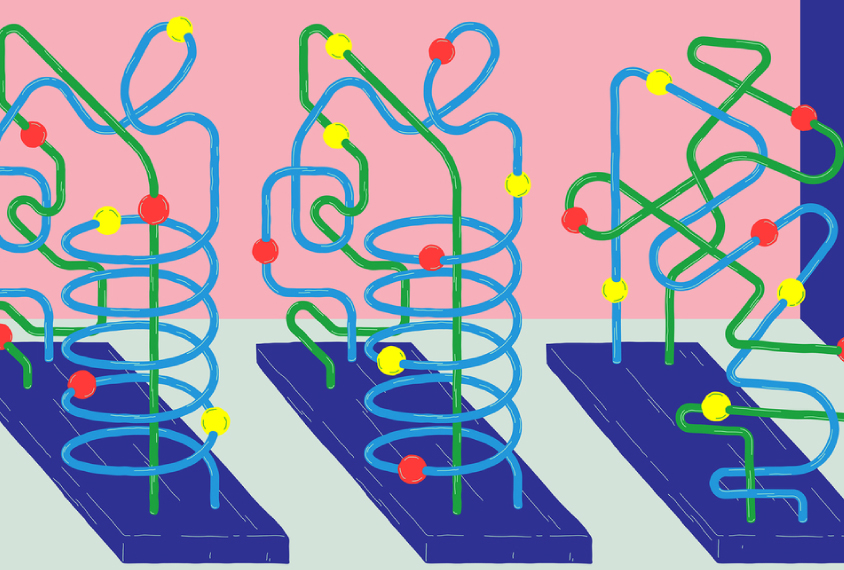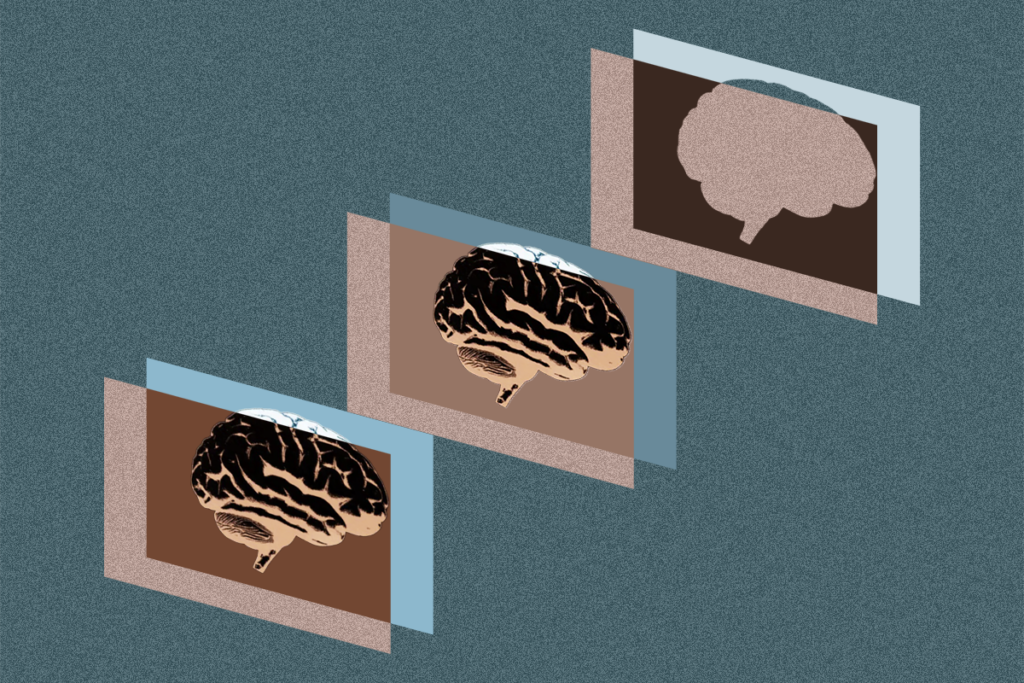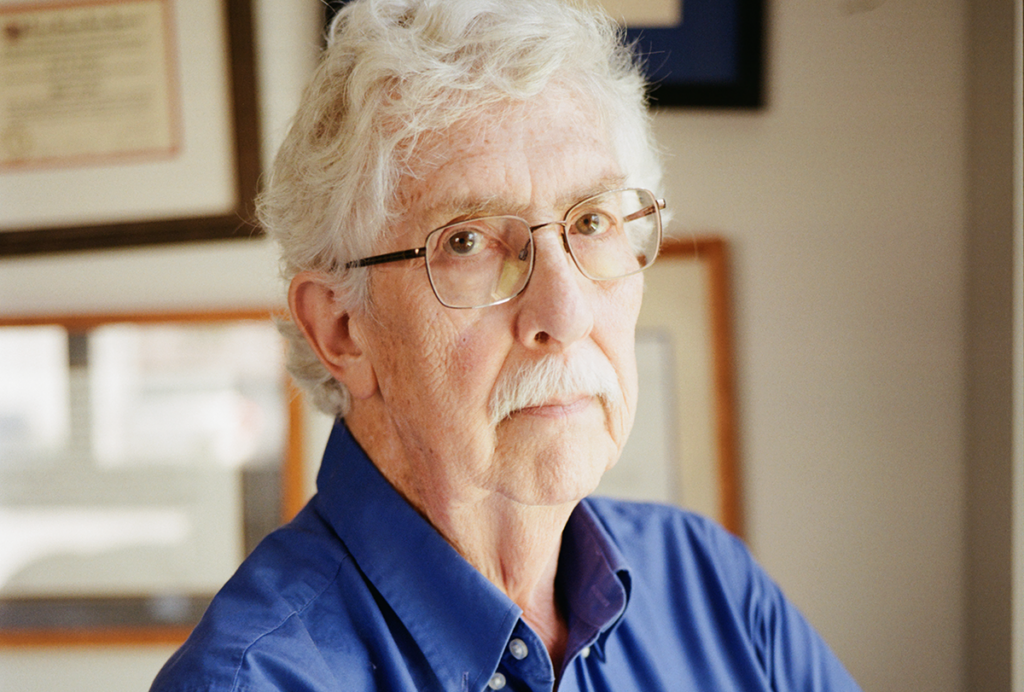Mosaic
From this contributor
For people with alexithymia, emotions are a mystery
One in 10 people struggle to recognize their emotions. New research suggests a vital link between our ability to sense our physical bodies and knowing how we feel.

For people with alexithymia, emotions are a mystery
Studying genetics in the age of big data
New biomedical techniques, like next-generation genome sequencing, are creating vast amounts of data and transforming the scientific landscape.

Studying genetics in the age of big data
How genetics is revealing rare childhood conditions
A pioneering project is showing how, 17 years since the first draft of the human genome, our genes are giving up their secrets and bringing hope to parents around the world.

How genetics is revealing rare childhood conditions
Explore more from The Transmitter
Exclusive: Recruitment issues jeopardize ambitious plan for human brain atlas
A lack of six new brain donors may stop the project from meeting its goal to pair molecular and cellular data with the functional organization of the cortex.

Exclusive: Recruitment issues jeopardize ambitious plan for human brain atlas
A lack of six new brain donors may stop the project from meeting its goal to pair molecular and cellular data with the functional organization of the cortex.
How pragmatism and passion drive Fred Volkmar—even after retirement
Whether looking back at his career highlights or forward to his latest projects, the psychiatrist is committed to supporting autistic people at every age.

How pragmatism and passion drive Fred Volkmar—even after retirement
Whether looking back at his career highlights or forward to his latest projects, the psychiatrist is committed to supporting autistic people at every age.
The brain’s quiet conductor: How hidden cells fine-tune arousal
New research published today suggests that the pericoeruleus acts as a kind of micromanager of arousal, selectively inhibiting different subgroups of locus coeruleus neurons depending on the behavioral context.
The brain’s quiet conductor: How hidden cells fine-tune arousal
New research published today suggests that the pericoeruleus acts as a kind of micromanager of arousal, selectively inhibiting different subgroups of locus coeruleus neurons depending on the behavioral context.